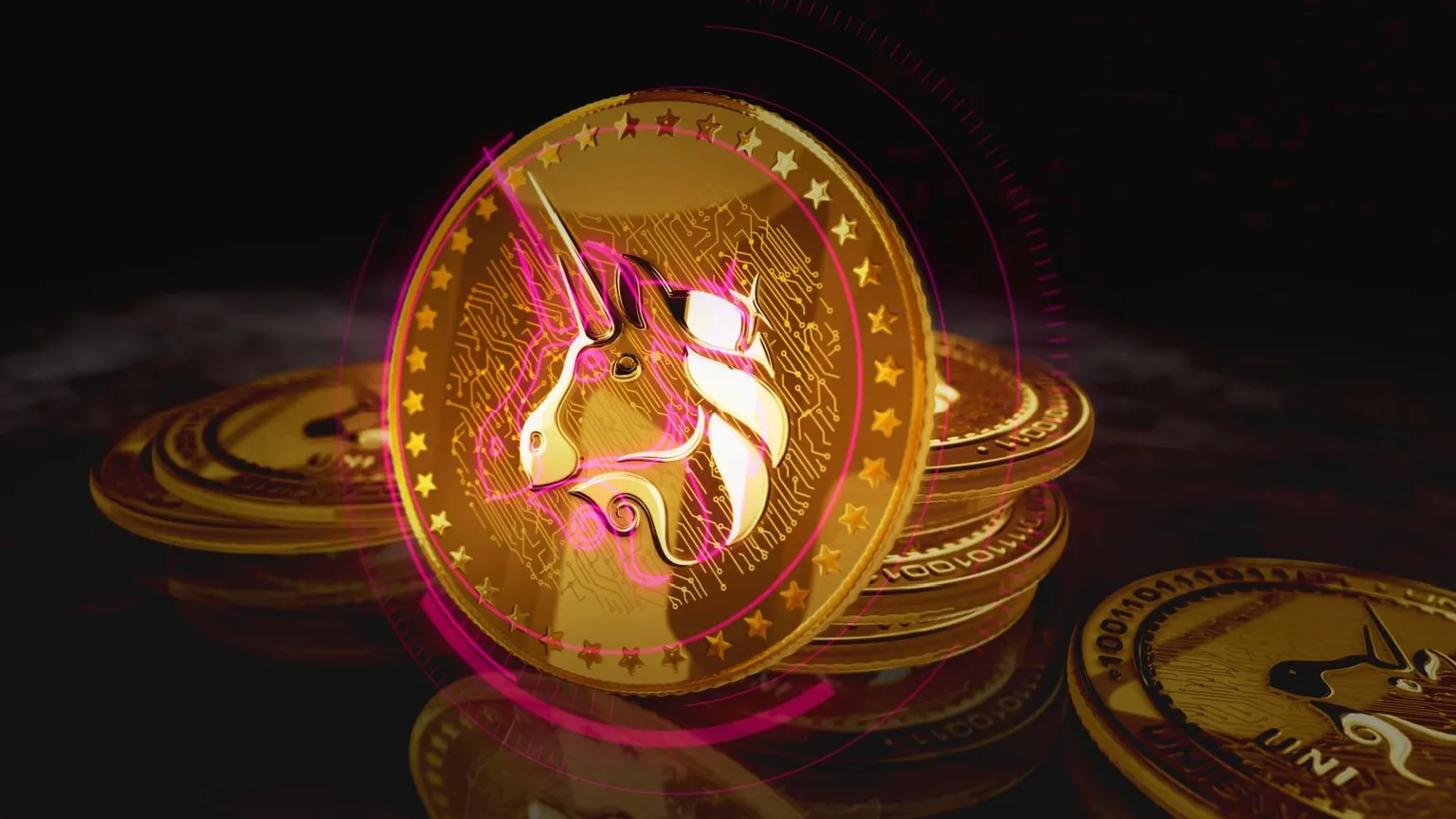A 0.15% fee on front-end interface swaps has pushed some of the Web3 investors to call it a case of misaligned incentives.
Hayden Adams, the inventor of the top decentralized exchange Uniswap, announced on August 16, 2023, that the protocol is set to implement a 0.15% swap fee on their web application and wallet interfaces for the first time.
Just a small set of tokens will be impacted by the new fee, as highlighted in a Uniswap Labs’ blog post, including USDT, DAI, WBTC, ETH, USDC, WETH, LUSD, EUROC, agEUR, GUSD, and XSGD.
Nonetheless, the fee just applies when traded via Uniswap Labs’ interfaces on mainnet and supported layer 2s – and in case the swap happens between input and output that are subject to the fee. Notably, swaps from stablecoins to stablecoins are excluded from the initial charge.
A spokeswoman for Uniswap Labs, Bridgett Frey, said that they adopted a “holistic view at how people use our product and determined this initial list of tokens that made the most sense,” mentioning that they believe it will evolve.
The new fee is set to go live on October 17, 2023, and based on the explanation by Adams, it will enable Uniswap Labs “to continue to research, develop, build, ship, improve, and expand crypto and DeFi.”
Other prominent figures in the Web3 industry expressed their approval of the decision, with Gnosis co-founder Martin Koppelmann describing it as a positive development.
Koppelmann wrote on Twitter while suggesting that another fee would make sense:
”If we want to have resilient systems that work at scale there needs to be entities that have a sustainable income.”
Not everyone supports this move, with massive backlash seen on Crypto Twitter.
The general counsel for Delphi Labs, Gabriel Shapiro, has been sounding the alarm on Twitter for several years now, denouncing what he terms “non-exit liquidity.” According to him, non-exit liquidity is something that has been implemented by venture capital as it has continuously moved into the space.
Shapiro told reporters that the issue is that investors, including those in the $1.66 billion Series B Uniswap Labs closed in 2022 have “consistently resisted allowing any value accrual to [Uniswap], but in the meantime have used the token to get liquidity.”
How? By not executing the fee switch, Shapiro said.
The fee would enable the Uniswap community to redirect some of the protocol’s fee revenues to governance. On that note, the most recent vote for implementation was rejected in early June 2022.
Notably, Shapiro’s views resonated perfectly with those expressed by Web3 VC investor Nic Carter, a partner at Castle Island Ventures. He wrote on Twitter that he has:
“Never seen a situation more demonstrative of equity value siphoning token value” than Uniswap, resulting in “token holders being at odds with shareholders.”
Shapiro and Carter insist that Uniswap investors have more equity than UNI tokens, hence resulting in a misalignment between these groups.
The founder and CIO of BlockTower Capital, Ari Paul, took a nuanced view on the latest controversy, understanding that it is ‘reasonable’ to charge those fees, but that UNI holders might get ripped off because of what he called an awkward mismatch of incentives.
Related: Is Litecoin’s Goal Simply to Be Another Bitcoin?
However, as per Shapiro’s account, Uniswap initially introduced the fee switch to create value expectations. He explained that individuals acquire tokens featuring these attributes with a sense of optimism that the fee switch will be implemented and that this is how the protocol will generate revenue.
The Web3 Attorney believes that the fee change may still get turned on – “but let’s face it, users have limited appetite for fees.” He noted:
“Every fee that applies somewhere in the stack makes it less likely a large in-protocol fee is sustainable and comes right out of the pocket of UNI holders.”
Both Shapiro and Carter’s views were supported by the pseudonymous account Autism Capital, which highlighted that the UNI fee switch is voted on mainly by governance. However, Adams and the “unicorn sparkle crew” do not reveal that their friends and venture capitalists and have “aggregated control of the supply, thus voting power, and decision making.”
Despite these complaints of foul play, many supporters came forward to support the newly implemented fee. Some of them point to a much-required direction for creating a long-term business path, while others said the protocol continues to be permissionless and “no one is forced to pay the fee.”
Elsewhere, Uniswap launched a beta version of its Android mobile crypto wallet after previously doing the same on iOS. The company is encouraging DeFi community members to assist in testing before a broader release, with 35,000 users already on the waitlist. Simultaneously, Uniswap Labs will open-source the code as part of a Trail of Bits audit, enhancing cybersecurity and addressing vulnerabilities in smart contracts and code.
Ultimately, this fee is separate from Uniswap’s current “protocol fee,” a value decided upon by the community’s governing voters.






